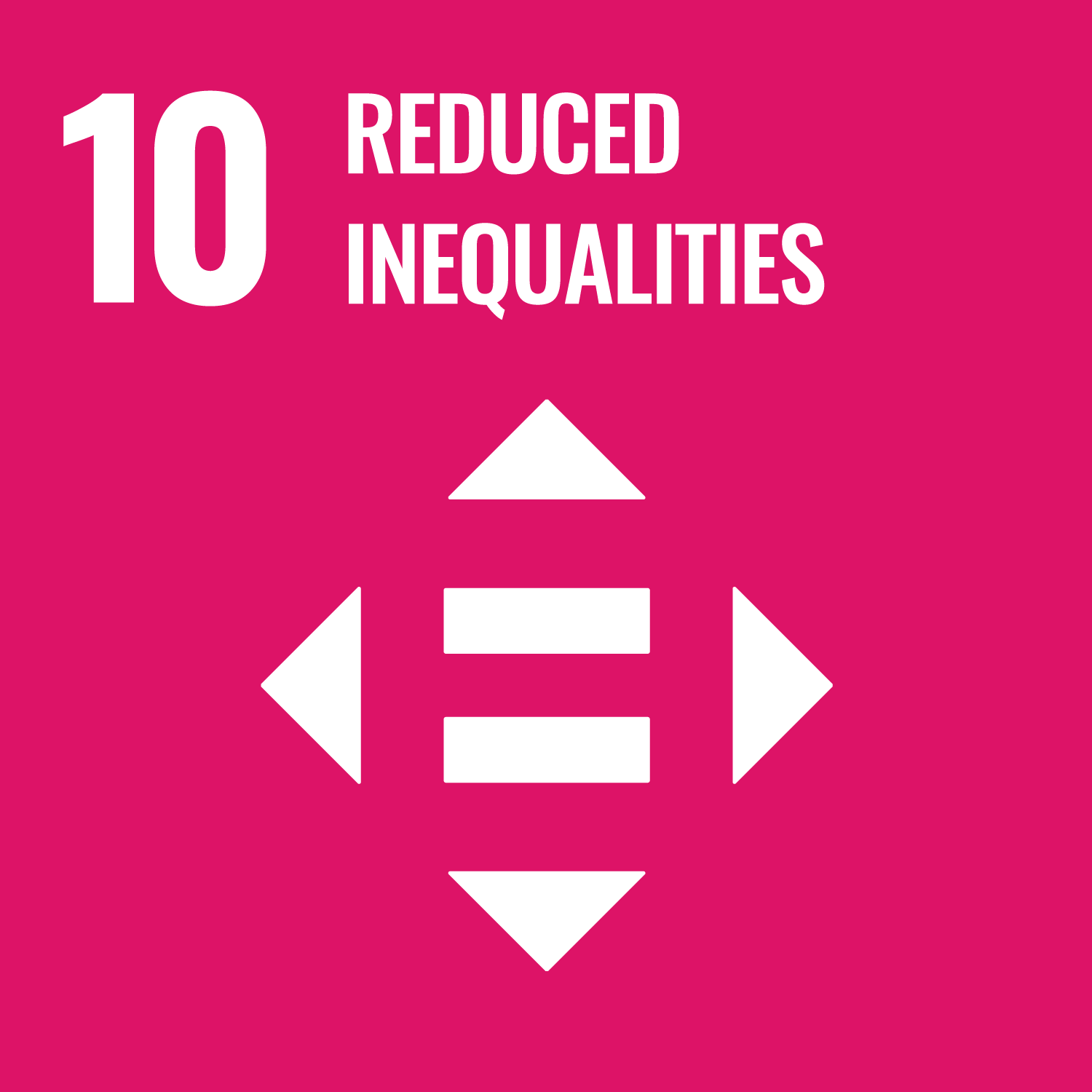Winsper, C. orcid.org/0000-0002-0045-7524, Bhattacharya, R. orcid.org/0000-0002-5893-6720, Bhui, K. orcid.org/0000-0002-9205-2144 et al. (14 more authors) (2024) The impact of reduced routine community mental healthcare on people from minority ethnic groups during the COVID-19 pandemic: qualitative study of stakeholder perspectives. The British Journal of Psychiatry, 224 (5). ISSN 0007-1250
Abstract
Background
Enduring ethnic inequalities exist in mental healthcare. The COVID-19 pandemic has widened these.
Aims
To explore stakeholder perspectives on how the COVID-19 pandemic has increased ethnic inequalities in mental healthcare.
Method
A qualitative interview study of four areas in England with 34 patients, 15 carers and 39 mental health professionals from National Health Service (NHS) and community organisations (July 2021 to July 2022). Framework analysis was used to develop a logic model of inter-relationships between pre-pandemic barriers and COVID-19 impacts.
Results
Impacts were largely similar across sites, with some small variations (e.g. positive service impacts of higher ethnic diversity in area 2). Pre-pandemic barriers at individual level included mistrust and thus avoidance of services and at a service level included the dominance of a monocultural model, leading to poor communication, disengagement and alienation. During the pandemic remote service delivery, closure of community organisations and media scapegoating exacerbated existing barriers by worsening alienation and communication barriers, fuelling prejudice and division, and increasing mistrust in services. Some minority ethnic patients reported positive developments, experiencing empowerment through self-determination and creative activities.
Conclusions
During the COVID-19 pandemic some patients showed resilience and developed adaptations that could be nurtured by services. However, there has been a reduction in the availability of group-specific NHS and third-sector services in the community, exacerbating pre-existing barriers. As these developments are likely to have long-term consequences for minority ethnic groups’ engagement with mental healthcare, they need to be addressed as a priority by the NHS and its partners.
Metadata
| Item Type: | Article |
|---|---|
| Authors/Creators: |
|
| Copyright, Publisher and Additional Information: | © 2024 The Author(s). Published by Cambridge University Press on behalf of Royal College of Psychiatrists. This is an Open Access article, distributed under the terms of the Creative Commons Attribution licence (http://creativecommons.org/licenses/by/4.0/), which permits unrestricted re-use, distribution and reproduction, provided the original article is properly cited. |
| Keywords: | COVID-19; Minority ethnic; mental health services; qualitative research; stigma and discrimination |
| Dates: |
|
| Institution: | The University of Sheffield |
| Academic Units: | The University of Sheffield > Faculty of Medicine, Dentistry and Health (Sheffield) > School of Medicine and Population Health |
| Depositing User: | Symplectic Sheffield |
| Date Deposited: | 22 Mar 2024 14:55 |
| Last Modified: | 01 Nov 2024 16:30 |
| Status: | Published |
| Publisher: | Royal College of Psychiatrists |
| Refereed: | Yes |
| Identification Number: | 10.1192/bjp.2024.11 |
| Related URLs: | |
| Sustainable Development Goals: | |
| Open Archives Initiative ID (OAI ID): | oai:eprints.whiterose.ac.uk:210760 |



 CORE (COnnecting REpositories)
CORE (COnnecting REpositories) CORE (COnnecting REpositories)
CORE (COnnecting REpositories)